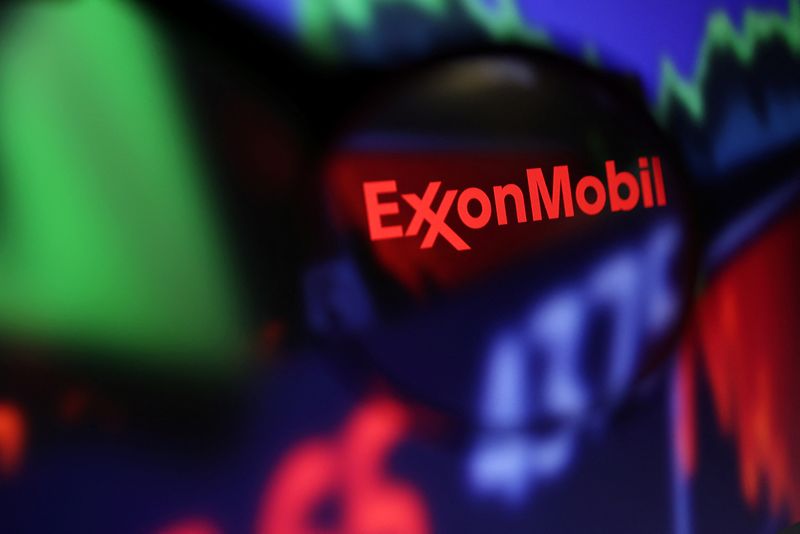
By Sabrina Valle
HOUSTON (Reuters) – Abu Dhabi National Oil Company (ADNOC) will acquire a 35% equity stake in Exxon Mobil Corp (NYSE:XOM)’s proposed low-carbon hydrogen project in Texas, with the companies announcing a one-year start-up delay until 2029.
ADNOC’s investment shows a sign of confidence in a multi-billion dollar project that Exxon has threatened to cancel if the U.S. government restricts tax credits for it. A final investment decision has been pushed into 2025, from 2024.
Exxon and ADNOC declined to disclose the value of the transaction.
“This is a very significant investment and the partners it is attracting give a sense for the momentum that’s building around this project,” Exxon President of Low Carbon Solutions Dan Ammann told Reuters.
TAX INCENTIVES
Exxon in 2022 disclosed plans to build the world’s largest low-carbon hydrogen facility at its refining site at Baytown, Texas. Hydrogen is a fuel that produces water when burnt.
The project would be powered by natural gas, with associated CO2 captured and buried underground. It was announced on the back of clean energy tax incentives proposed by the administration of U.S. President Joe Biden.
But the government limited incentives for natural gas-run facilities. Exxon CEO Darren Woods earlier this year said the project could be canceled without similar tax credits offered to hydrogen facilities powered by renewable fuels.
AMMONIA BOOST
The project’s estimated production has been revised since its initial announcement. It was initially set to produce 1 million tons of hydrogen annually.
Now, the goal is to produce 900,000 tons of low-carbon hydrogen and over 1 million tons of low-carbon ammonia, a well-established industrial product commonly used as fertilizer.
Ammonia, which has three atoms of hydrogen in its composition, is also used as a carrier for hydrogen, allowing it to be exported by ship in a liquid form.

Exxon earlier this year signed an agreement with JERA, Japan’s top power generator, to explore selling about 500,000 tonnes annually of low-carbon ammonia.
“The timing (for the hydrogen project) depends on supply, demand and supporting regulation coming together in sync,” said Ammann.
This post is originally published on INVESTING.


